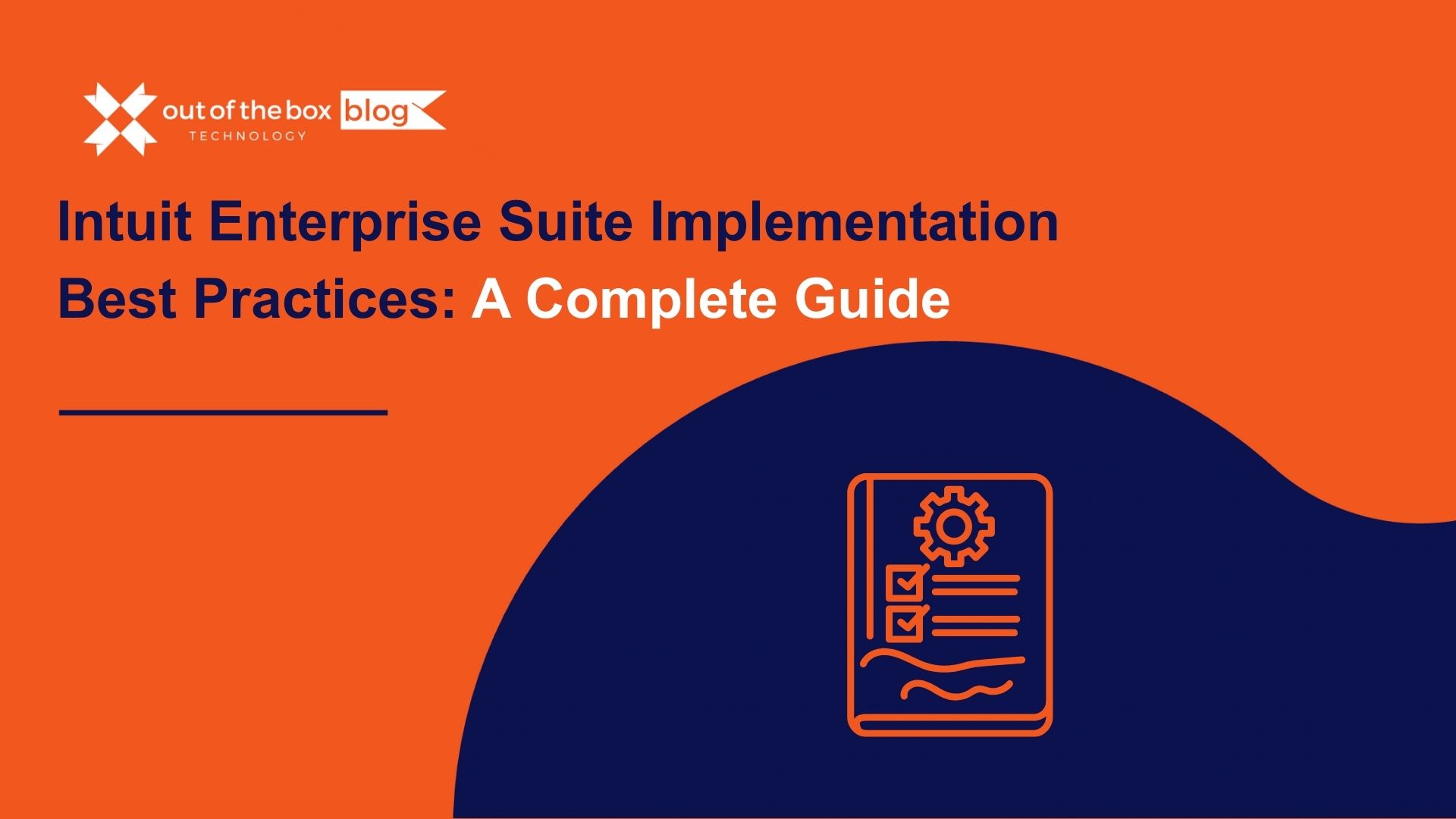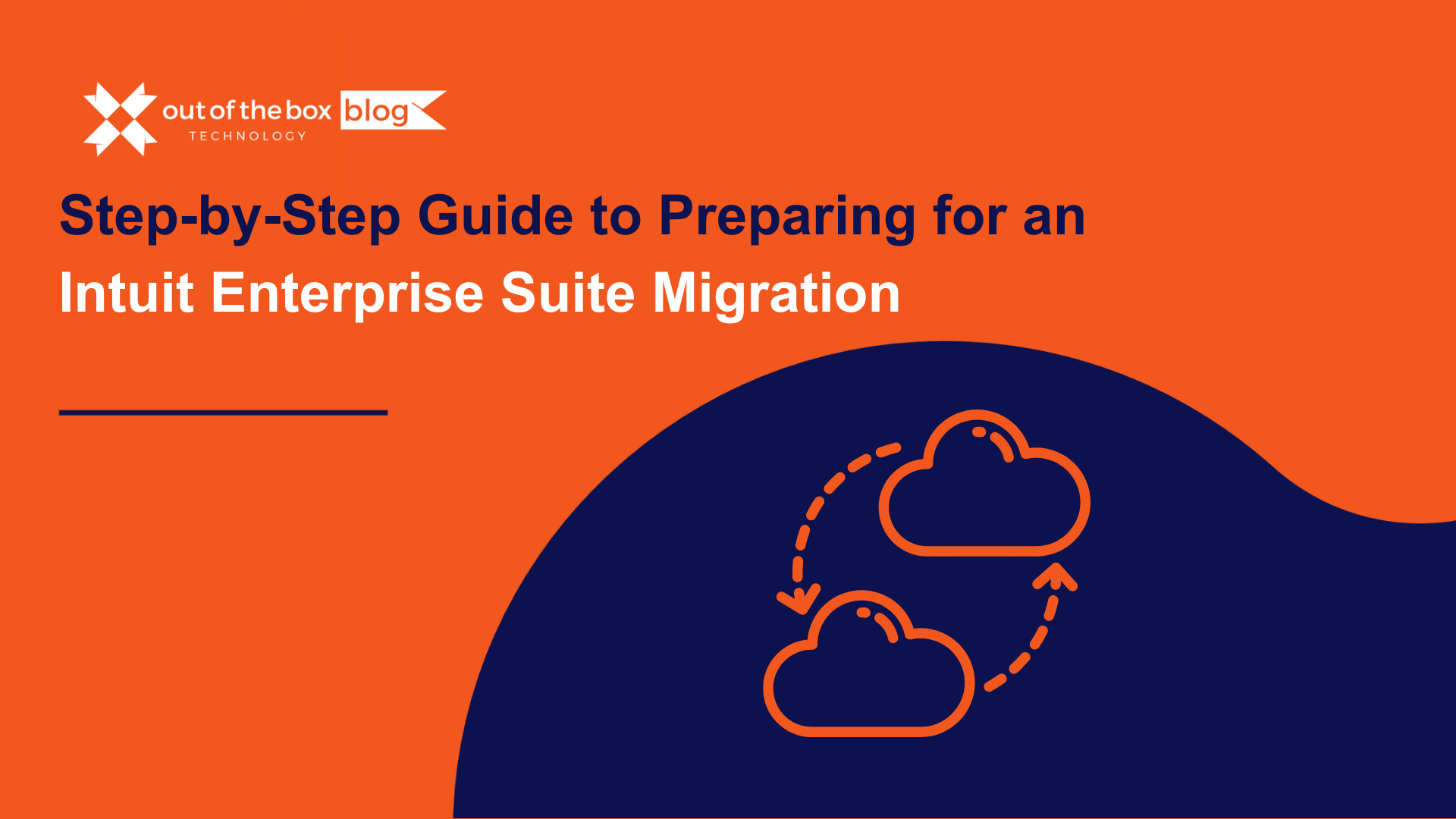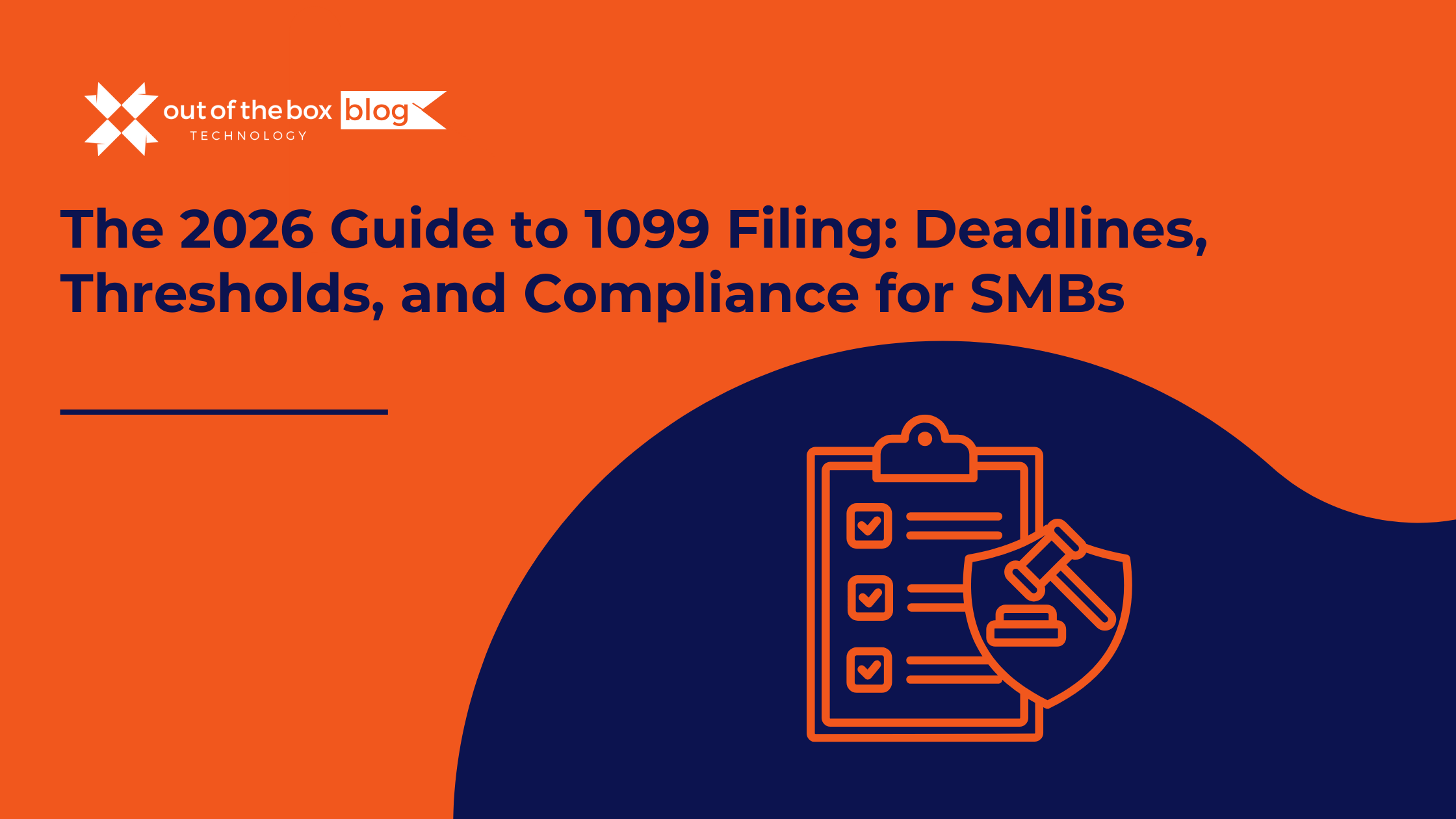Starting a franchise can be an appealing way to dive into business ownership, offering the benefits of a proven business model and brand recognition. However, like any business venture, it comes with its own set of financial commitments. Understanding the costs associated with operating a franchise is crucial for prospective franchisees to make informed decisions and plan effectively.
In this comprehensive guide, we will break down the various expenses involved in franchising, from initial investments to ongoing fees. We’ll explore the typical costs you can expect, including franchise fees, equipment and inventory expenses, marketing contributions, and royalty payments. By the end of this article, you’ll have a clear picture of the financial landscape of franchising and be better equipped to evaluate if this path aligns with your business goals.
Whether you are a first-time entrepreneur or an experienced business owner looking to expand through franchising, this guide will provide valuable insights to help you navigate the financial aspects of operating a franchise successfully.
1. Initial Franchise Fee
The initial franchise fee is the upfront cost paid to the franchisor for the rights to use the brand name, logo, business model, and support services. This fee can range from a few thousand dollars to several hundred thousand, depending on the franchise.
2. Real Estate and Construction Costs
Securing a suitable location for your franchise is crucial and often requires a significant investment. Real estate costs include purchasing or leasing the property and construction or renovation costs to meet the franchisor’s specifications.
3. Equipment and Fixtures
Depending on the type of franchise, you may need to purchase specific equipment and fixtures. This could include kitchen equipment for a restaurant franchise, display units for a retail franchise, or fitness equipment for a gym franchise.
4. Initial Inventory
To start your franchise, you’ll need to stock up on initial inventory. This includes all the products or materials you’ll sell or use in your services. The cost will vary depending on the nature of your franchise.
5. Training Costs
Most franchisors provide training to ensure that you understand the business model and can operate the franchise successfully. Training costs can include travel expenses, accommodation, and the cost of the training program itself.
6. Marketing and Advertising Fees
Franchises typically require contributions to a national or regional marketing fund. In addition, you may need to invest in local marketing efforts to attract customers in your area.
7. Royalty Fees
Royalty fees are ongoing payments made to the franchisor for continued support and the use of the franchise brand. These fees are usually a percentage of your gross sales.
8. Operational Costs
These are the day-to-day expenses required to run your franchise. Operational costs include utilities, payroll, supplies, insurance, and maintenance.
9. Legal and Accounting Fees
Legal fees can arise from negotiating your franchise agreement, registering your business, and ensuring compliance with local regulations. Accounting fees are associated with managing your finances, filing taxes, and preparing financial reports.
10. Insurance
Insurance is a crucial part of operating any business. Franchises typically require general liability insurance, property insurance, and workers’ compensation insurance, among others.
 Summary
Summary
Operating a franchise involves several significant costs, each essential for ensuring the successful launch and ongoing operation of your business. By understanding and planning for these expenses, you can better prepare financially and increase your chances of running a profitable franchise. Careful budgeting, thorough research, and ongoing financial management are key to navigating the costs associated with franchising and achieving long-term success.
Meet with a QuickBooks service expert today!
Schedule a complimentary QuickBooks service consultation to find out the recurring accounting services to help your business run at its best.













